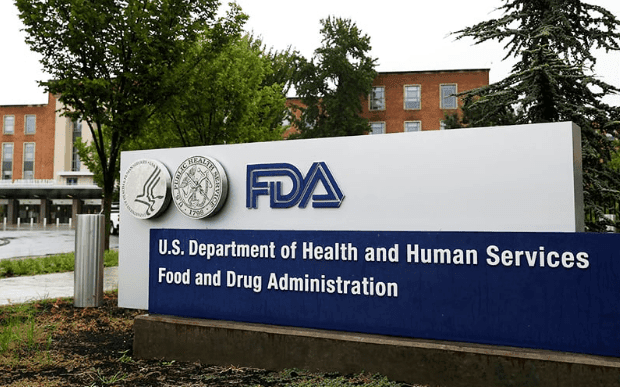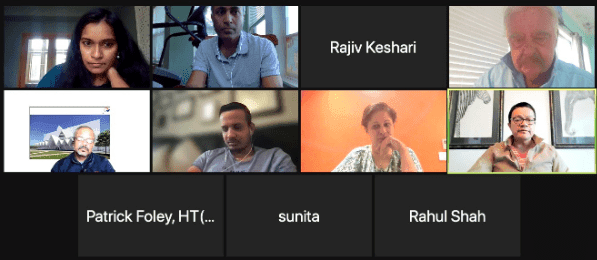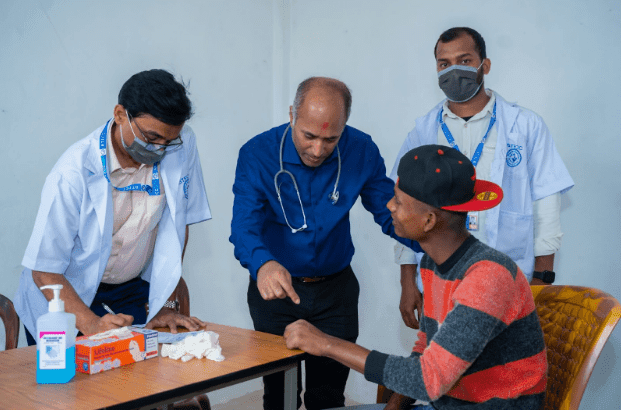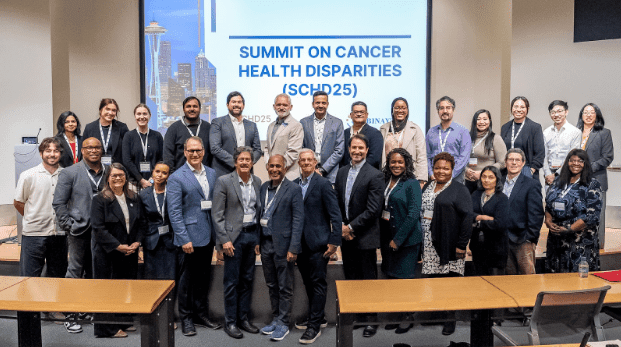The FDA Launches Project Interface to Advance Cancer Care

Author
Binaytara Team
Much like the disease itself, progress in cancer treatment and prevention depends on multiple driving forces. The field of oncology is deeply multidisciplinary and requires the collaborative effort of experts, patients, community partners, and advocates from diverse backgrounds to improve patient outcomes.
FDA’s Project Interface: Elevating Patient Voices in Cancer Care
Recognizing this, on May 12, 2025, the Food and Drug Administration (FDA)’s Oncology Center of Excellence (OCE) announced the launch of Project Interface. This initiative aims to protect, promote, and advance public health by facilitating dialogue with the American public and sharing critical information on cancer awareness and treatment options. Project Interface’s goal is to make cancer personal, connecting patients, advocacy organizations, and oncology experts in meaningful ways.
The OCE welcomes patient advocacy and professional organizations, and faith-based groups for meaningful discussions on vital topics, including patient and caregiver experiences, international regulatory collaborations, and strategies to enhance cancer awareness and prevention. This project strongly aligns with the conversations among faculty members, oncologists, patient advocates, and community providers at our recent Summit on Cancer Disparities (SCHD). The summit focused extensively on strengthening community engagement in cancer research, advancing cancer education and awareness at the grassroots level, and building robust partnerships between community practices and academic institutions.
Project Interface is one of many initiatives developed by the Oncology Center of Excellence (OCE) and is part of a broad portfolio of oncology resources and programs. While Project Interface focuses on patient outreach and engagement, other projects, such as Project Renewal and Project Facilitate, are geared more toward healthcare professionals. In 2020, the OCE launched Project Patient Voice, an online platform that allows patients, caregivers, and healthcare providers to access patient-reported symptom data from clinical trials. Other OCE projects include international collaborations focused on clinical trials, regulatory review of oncology products, and research and development.
How Binaytara Programs Advance the Oncology Center of Excellence Projects
Binaytara has a number of projects in global oncology, continuing medical education, and research and advocacy. Project Interface tackles different aspects of cancer care that work hand in hand to improve access and close equity gaps in cancer care and delivery. With the Project Interface launch, here are some of the common themes, many of which reflect Binaytara’s guiding principles.
1. Patient-Centered Innovation
At Binaytara, we emphasize the importance of placing patients at the center of cancer care. Similar to the OCE’s patient-focused drug development program, which incorporates patient experiences into the evaluation of cancer therapies, Binaytara’s weekly tumor board brings together oncologists from around the world to collaborate on treatment decisions for cancer patients in Nepal.

Binaytara Weekly Tumor Board
These tumor boards go beyond standard care recommendations based on cancer type and stage; they also take a holistic, human-centered approach, making decisions that empower patients and prioritize their overall well-being. In the same spirit, many of our hematology/oncology conferences feature case studies and discussions of emerging personalized therapies. These sessions equip healthcare providers to integrate evidence-based practices with real-world insights, ensuring patients receive comprehensive, individualized care. This emphasis on centering patients was echoed by one of our conference speakers, who remarked, “If healthcare policies do not center on individuals, it is not going to have the intended impact.”
2. Cancer Care Policy Reform and Equity
A key aspect of our grassroots and global advocacy is influencing healthcare policies that are not working or need optimization. For example, in the United States, our flagship conference, SCHD, has been a driving force in bringing together oncologists, patient advocates, and other stakeholders to deliberate on policies that require reform or need to be completely uprooted and replaced. From thought-provoking discussions about healthcare cost drivers and systemic inequalities to solemn conversations about culture and mistrust, our conferences are mobilizing healthcare professionals and empowering them to take action and advocate for their patients.
Inequalities in the healthcare system creep in at every step of the cancer care continuum, and the waterfall effect is most evident at the clinical trial phase. This issue is one that Project Pragmatica aims to address by integrating aspects of real-world clinical practice into clinical trials, making them more efficient, patient-centric, and reflective of diverse populations.
On a global scale, Binaytara has been working on the ground in Nepal to call for better health insurance policies and expand access to cancer care through the construction of a 200-bed, state-of-the-art, comprehensive cancer center. This hospital stands to serve over 25 million people and treat about 20,000 patients annually. We recently submitted a white paper to the Nepal Ministry of Health and to the Health Insurance Board because of the dialogue that ensued at the Binaytara’s health insurance policy debate. Cumulatively, our efforts are gradually laying the foundation to make lasting impacts in communities worldwide.

Binaytara’s president engaging with a patient at our free health camp in Nepal
3. Community Engagement and Education
Engaging communities and educating both healthcare professionals and patients are central to our mission at Binaytara. We equip oncology experts with continuing medical education through our hematology-oncology conferences, our game-based app called OncoBlast, and the International Journal of Cancer Care and Delivery. At the same time, we make the latest information about all forms of cancer accessible to lay audiences through The Cancer News. Similarly, the OCE’s Cancer Community Resources provide accessible information about cancer types, treatments, and clinical trials.
To buttress efforts on the federal level, Binaytara is further evoking discussions on innovative community engagement and outreach strategies that can aid cancer prevention. For example, at SCHD, we had spirited presentations about the importance of building trust with the community, forming partnerships, and using multi-level approaches in cancer prevention. This includes centering community needs in advisory boards and exploring creative avenues to relay complex scientific topics. Bearing in mind the challenges of language barriers and scientific misinformation, a multidisciplinary dialogue followed to propose solutions that prioritize transparency and proactive communication. Taken together, many of our meetings strive to bridge the gap between medical innovations emerging from top-tier academic research institutions and clinical adoption at community oncology practices through outreach and education.

Binaytara staff with SCHD attendees, including community oncologists, faculty members, and hematology-oncology fellows
Conclusion
At the heart of Binaytara’s work is education, education aimed at improving access to cancer care, advancing health equity, and ultimately, improving patient outcomes. For almost two decades, Binaytara has been advocating for underserved communities and empowering healthcare professionals with the tools they need to provide updated and personalized cancer treatments.
Our mission aligns closely with recent developments at the FDA. Dr. Shah, president and co-founder of Binaytara, shared, “We are encouraged to see a shift in discourse at the FDA, driven by Project Interface, which prioritizes patient voices and brings global stakeholders together to improve public health in the U.S. This is a promising step toward reducing cancer disparities and building a healthier, more equitable future for all.” He added, “This shift allows grassroots organizations like us to bring real-world voices into national conversations. It is very critical that real-world voices are heard, and because of that, policies that emerge would be much more impactful.”